Japanese Cheesecake [スフレチーズケーキ]
Print Recipe
Japanese Cheesecake is a dessert with a light and airy texture, and less sugar and cream cheese than regular cheesecake.
Dedicated to
my love Vanessa ❤️
4.89 from 9 votes
Course: Dessert
Cuisine: Japanese
Prep: 30 minutes mins
Cook: 1 hour hr 30 minutes mins
Total: 2 hours hrs
Equipments
Ingredients
The Preparation
The Egg Whites
- 5 egg whites
- 85 g sugar
The Double Boiler
- 250 g cream cheese
- 50 g unsalted butter
- 200 ml whipping cream
- 50 g sugar
The Batter
- 5 egg yolks
- 70 g cake flour
- 0.5 lemon zest
- 15-30 ml lemon juice
The Glaze
- 1 Tbsp. apricot jam
- 1 tsp. hot water
8 servings
Cook Mode
To prevent your phone from sleeping (screen turning off)
Instructions
The Preparation
- Separate eggs so you obtain 5 egg whites and 5 egg yolks. Make sure the egg whites are in a clean and dry stainless or glass bowl.
- Whip the 5 egg whites until foamy. Gradually add 85 g sugar and continue whisking until firm peaks form, where the peak holds its shape but the very tip folds back on itself.
The Batter
- Set up a double boiler with simmering water. In a bowl over the simmering water, combine 250 g cream cheese, 50 g unsalted butter, 200 ml whipping cream, and 50 g sugar mixing until melted.
- Remove from heat and whisk in 5 egg yolks one at a time.
- Sift in 70 g cake flour, mix, and then strain the batter into a clean bowl.
- Add the 0.5 lemon zest and 15-30 ml lemon juice, whisking to combine.
- Fold in about 1/3 of your meringue into the heavy yolk base first. You can be a bit more vigorous here. The goal is simply to lighten the density of the yolk mixture, which makes it much easier to fold in the remaining meringue without deflating it.
- Add the rest of the meringue in two stages. Use a whisk or spatula to gently go down the middle, scrape along the bottom of the bowl, and bring the batter up and over the top. Rotate the bowl after each fold. Continue just until no streaks of white remain. The final batter should be smooth, airy, and uniform in color.
The Baking
- Preheat the oven to 350°F. Grease a 9-inch round cake pan with unsalted butter and line the bottom and sides with parchment paper, including two strips crossed in an "X" for lifting.
- Pour the batter into the prepared pan. Place the pan in a baking sheet filled within the oven and the pour hot water in the baking pan to create a bain-marie.Chef's Tip : Boil water in a kettle to create the hot water. The steam created by the hot water keeps the atmosphere in the oven humid. This is crucial for preventing the delicate top of the cheesecake from drying out and cracking. By placing the cake pan in water, you are also protecting the batter from direct heat.
- Bake for 70-75 minutes at 320°F, then lower to 300°F for another 10 minutes, checking for doneness with a skewer.Turn off the oven and leave the cake inside with the door slightly open for 15-20 minutes.Chef's Tip : We decrease the temperature although we preheated at 350°F since by opening the door to place the pan and baking sheet, we will decrease the temperature slightly. So we compensate with a bigger preheat.
- Carefully lift the cake using the parchment straps, brush with a mixture of 1 Tbsp. apricot jam and 1 tsp. hot water, and let it cool to room temperature.
Nutrition
Serving: 1 slice | Calories: 320 kcal (16%) | Carbohydrates: 29 g (10%) | Protein: 9 g (18%) | Fat: 19 g (29%) | Sodium: 175 mg (8%) | Sugar: 20 g (22%)
Elasdenis.com is written and produced for informational purposes only. While I do my best to provide nutritional information as a general guideline to our readers, I am not a certified nutritionists, and the values provided should be considered estimates. Factors such as brands purchased, natural variations in fresh ingredients, etc. will change the nutritional information in any recipe. Various online calculators also provide different results, depending on their sources. To obtain accurate nutritional information for a recipe, use your preferred nutrition calculator to determine nutritional information with the actual ingredients and quantities used.

![Cocoa Cupcakes [Cupcakes au cacao]](https://elasdenis.com/wp-content/uploads/2025/07/Cocoa-Cupcakes-Cupcakes-au-cacao-400x301.jpg)
![Baker's One-Bowl Brownies [Brownies en un bol de Baker]](https://elasdenis.com/wp-content/uploads/2025/07/Bakers-One-Bowl-Brownies-Brownies-en-un-bol-de-Baker-1-400x301.jpg)
![Baker's Chocolate Chunk Cookies [Biscuits aux chocolat de Baker]](https://elasdenis.com/wp-content/uploads/2025/07/Bakers-Chocolate-Chunk-Cookies-Biscuits-aux-chocolat-de-Baker-1-400x301.jpg)
![Blueberry Crisp [Croustillant aux bleuets]](https://elasdenis.com/wp-content/uploads/2025/06/Blueberry-Crisp-Croustillant-aux-bleuets-1-400x301.jpg)
![Mom's Banana Bread [Мамино банановый хлеб]](https://elasdenis.com/wp-content/uploads/2025/06/Moms-Banana-Bread-Мамино-банановый-хлеб-1-400x301.jpg)
![Russian Buckwheat Kasha [Русская гречневая каша]](https://elasdenis.com/wp-content/uploads/2025/06/Russian-Buckwheat-Kasha-Русская-гречневая-каша-14-400x301.jpg)
![Quebecois Maple Pudding [Pouding Chômeur]](https://elasdenis.com/wp-content/uploads/2025/06/Quebecois-Maple-Pudding-Pouding-Chomeur-1-400x301.jpg)
![Fruit Cobbler [Cobbler aux fruits]](https://elasdenis.com/wp-content/uploads/2025/06/Fruit-Cobbler-Cobbler-aux-fruits-1-400x303.jpg)
![Mom's Oat Cookies [Мамино овсяное печенье]](https://elasdenis.com/wp-content/uploads/2025/06/Moms-Oat-Cookies-Мамино-овсяное-печенье-v4-400x301.jpg)
![Albanian Baked Chicken and Rice [Tavë me Pulë e Oriz]](https://elasdenis.com/wp-content/uploads/2025/06/Albanian-Baked-Chicken-and-Rice-Tave-me-Pule-e-Oriz-1-400x301.jpg)
![Mom's Syrniki [Мамины сырники]](https://elasdenis.com/wp-content/uploads/2025/06/Moms-Syrniki-Мамины-сырники-400x299.jpg)
![Persian Jam Cookie (Shirini Morabai) [شیرینی مربایی]](https://elasdenis.com/wp-content/uploads/2025/06/Persian-Jam-Cookie-Shirini-Morabai-شیرینی-مربایی-v3-400x302.jpg)
![Japanese Cheesecake [スフレチーズケーキ]](https://elasdenis.com/wp-content/uploads/2025/06/Japanese-Cheesecake-スフレチーズケーキ-1-scaled.jpg)
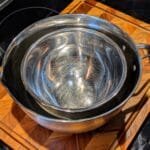
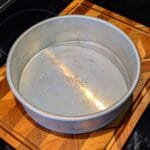
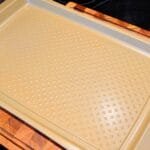
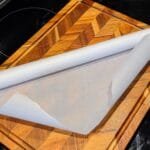
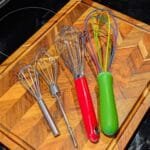

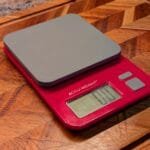

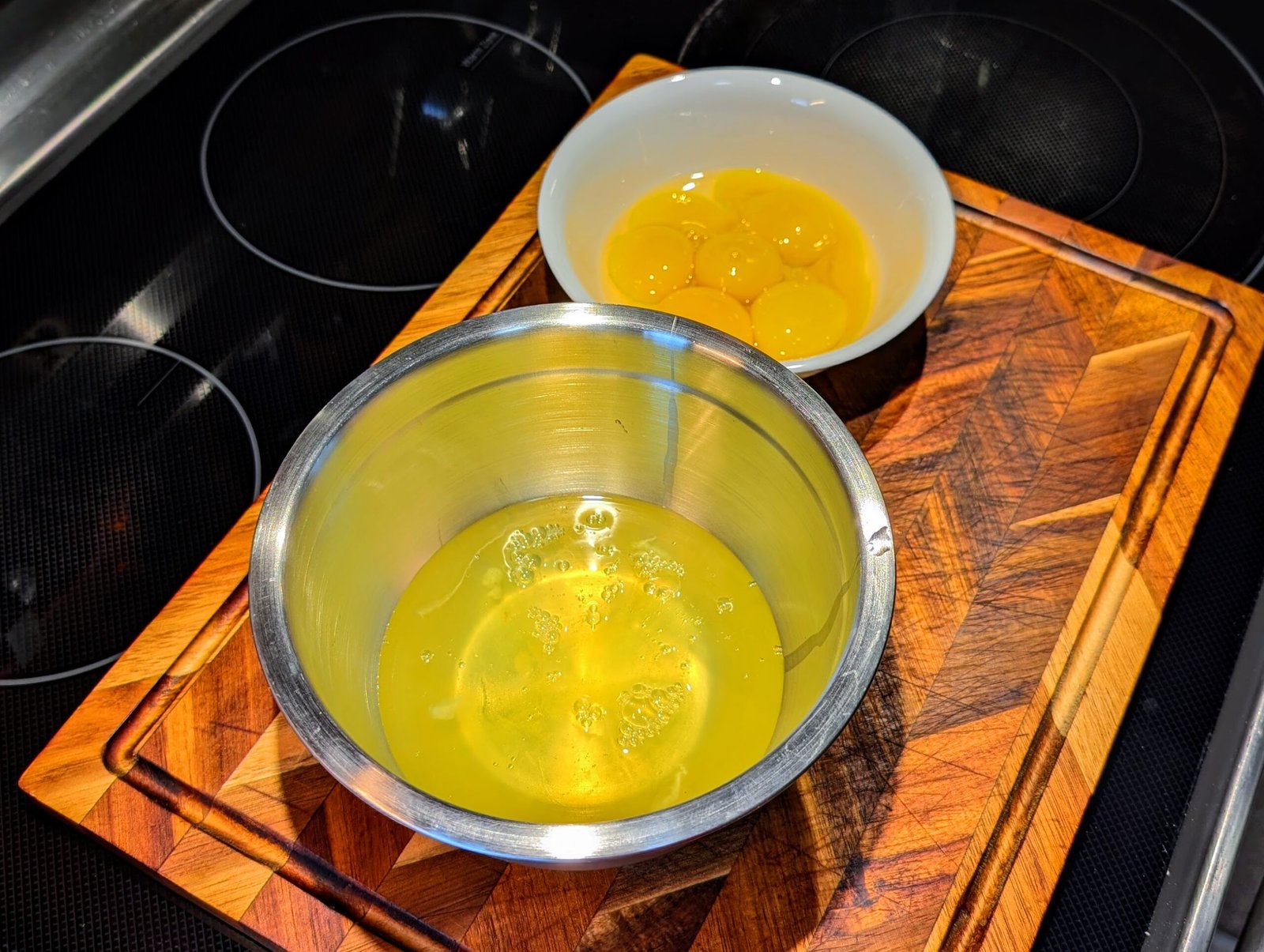
![Japanese Cheesecake [スフレチーズケーキ]](https://elasdenis.com/wp-content/uploads/2025/06/Japanese-Cheesecake-スフレチーズケーキ-3-scaled.jpg)
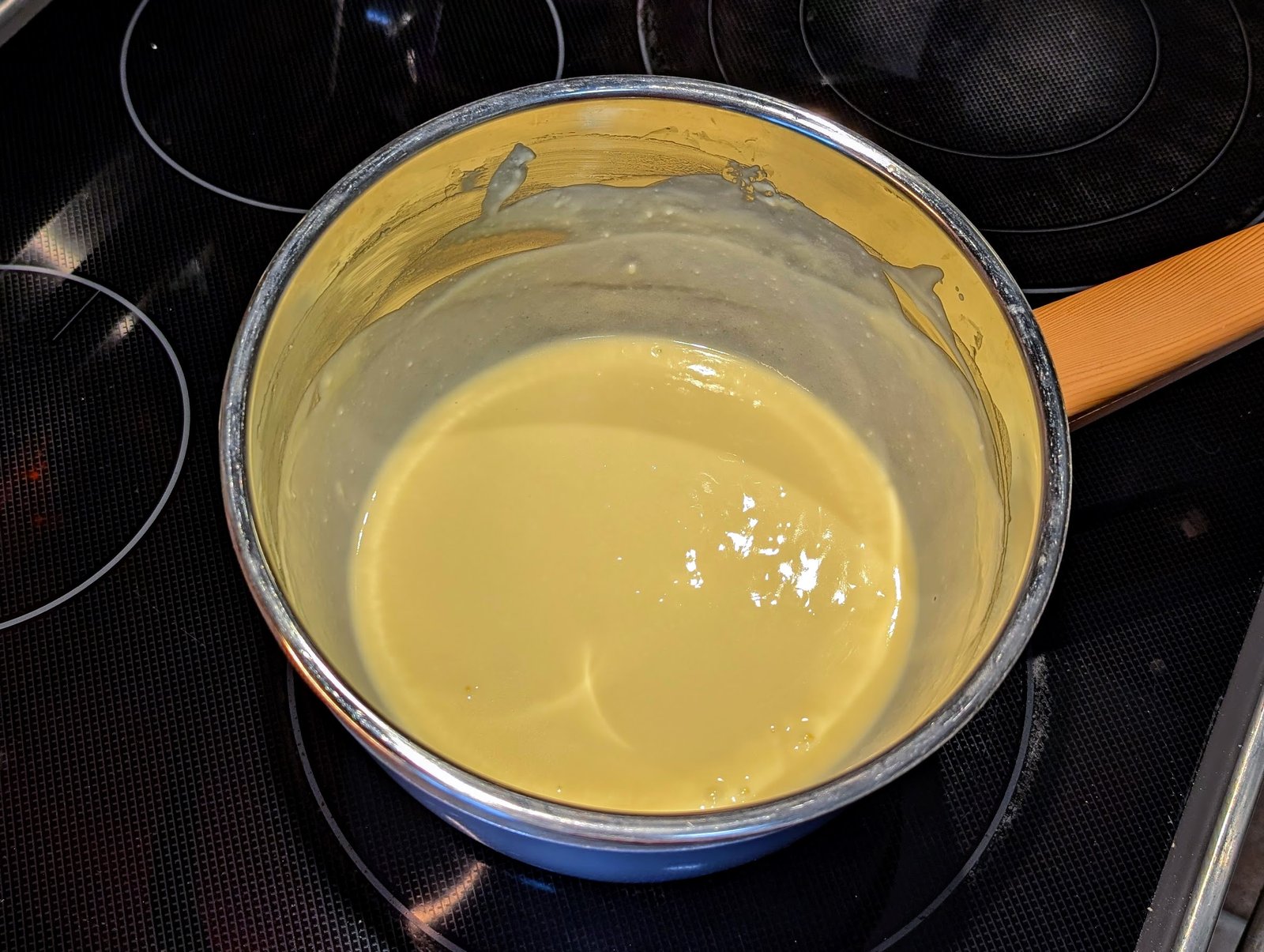
![Japanese Cheesecake [スフレチーズケーキ]](https://elasdenis.com/wp-content/uploads/2025/06/Japanese-Cheesecake-スフレチーズケーキ-5-scaled.jpg)
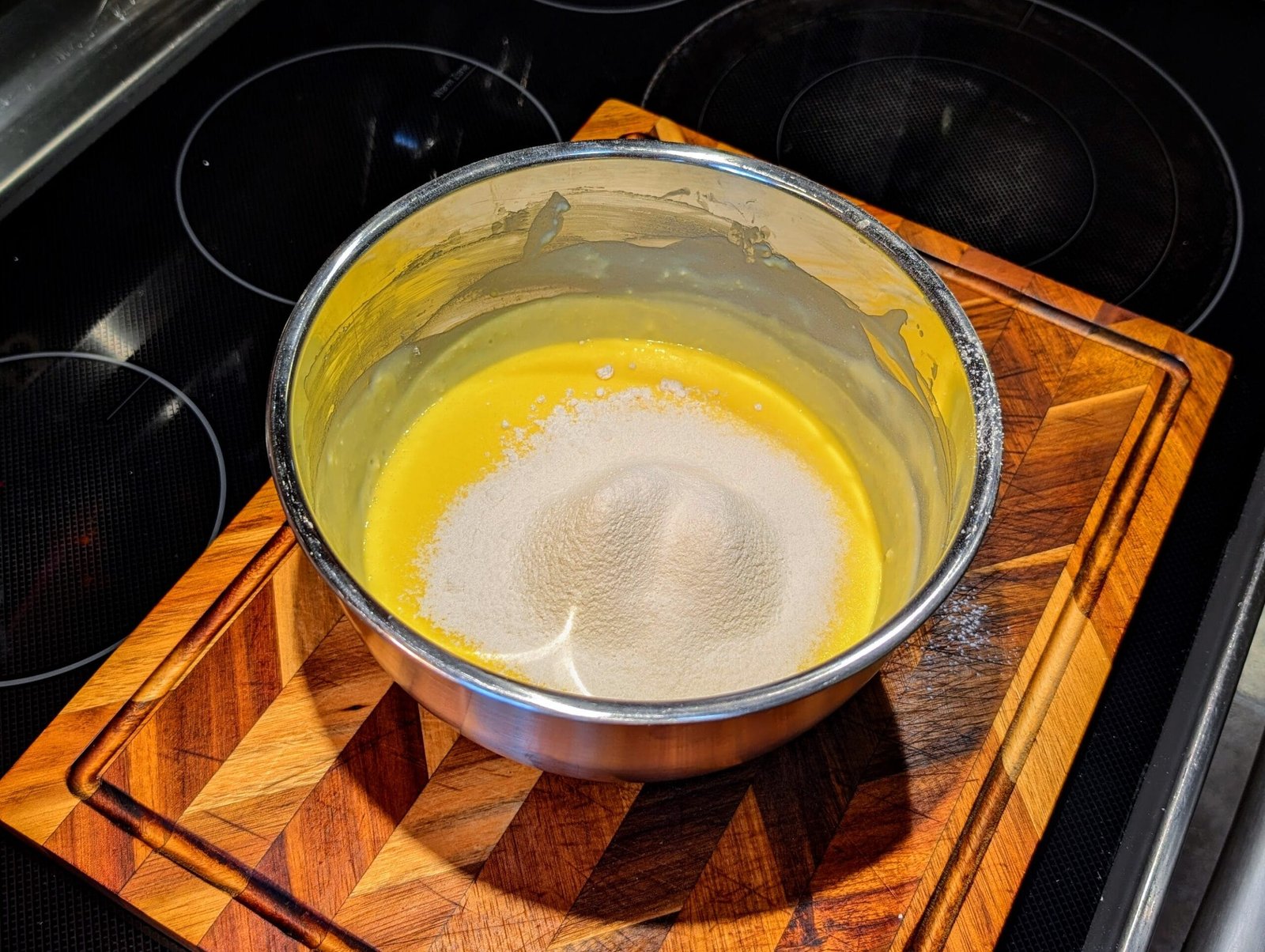
![Japanese Cheesecake [スフレチーズケーキ]](https://elasdenis.com/wp-content/uploads/2025/06/Japanese-Cheesecake-スフレチーズケーキ-7-scaled.jpg)
![Japanese Cheesecake [スフレチーズケーキ]](https://elasdenis.com/wp-content/uploads/2025/06/Japanese-Cheesecake-スフレチーズケーキ-9-scaled.jpg)
![Japanese Cheesecake [スフレチーズケーキ]](https://elasdenis.com/wp-content/uploads/2025/06/Japanese-Cheesecake-スフレチーズケーキ-10-scaled.jpg)
![Japanese Cheesecake [スフレチーズケーキ]](https://elasdenis.com/wp-content/uploads/2025/06/Japanese-Cheesecake-スフレチーズケーキ-11-scaled.jpg)
![Japanese Cheesecake [スフレチーズケーキ]](https://elasdenis.com/wp-content/uploads/2025/06/Japanese-Cheesecake-スフレチーズケーキ-13-scaled.jpg)
![Japanese Cheesecake [スフレチーズケーキ]](https://elasdenis.com/wp-content/uploads/2025/06/Japanese-Cheesecake-スフレチーズケーキ-15.jpg)
9 Responses
Top of the game cheese cake, like eating a cloud made of cheese my dudes
Thanks Jiji! ❤
Thats soooooo good
Thanks Jam!
So soft! What a soft dish!
It was soft in my mouth and hands when I squeezed it!
Soft on my tongue and soft in my tummy!
Sugary sweet and so pleasant to eat!
Simple to make for an everyday treat!
Soft as a cloud and so so very round!
Soft on my conscious for no gaining of pounds!
Soft on my plate and so soft on the mess!
Soft on it’s quantity, when it’s gone, I will stress!
So oft it was soft, I do bid thee comply!
Soften thine tastes, and expectations will fly!
Let me try to rhyme my answer:
Reading your review was a delight,
Your love for this makes my day bright!
Best homemade cheese cake ever
Keep it up man, this level of discipline and motivation is something I wish I had right now!
Very puffy